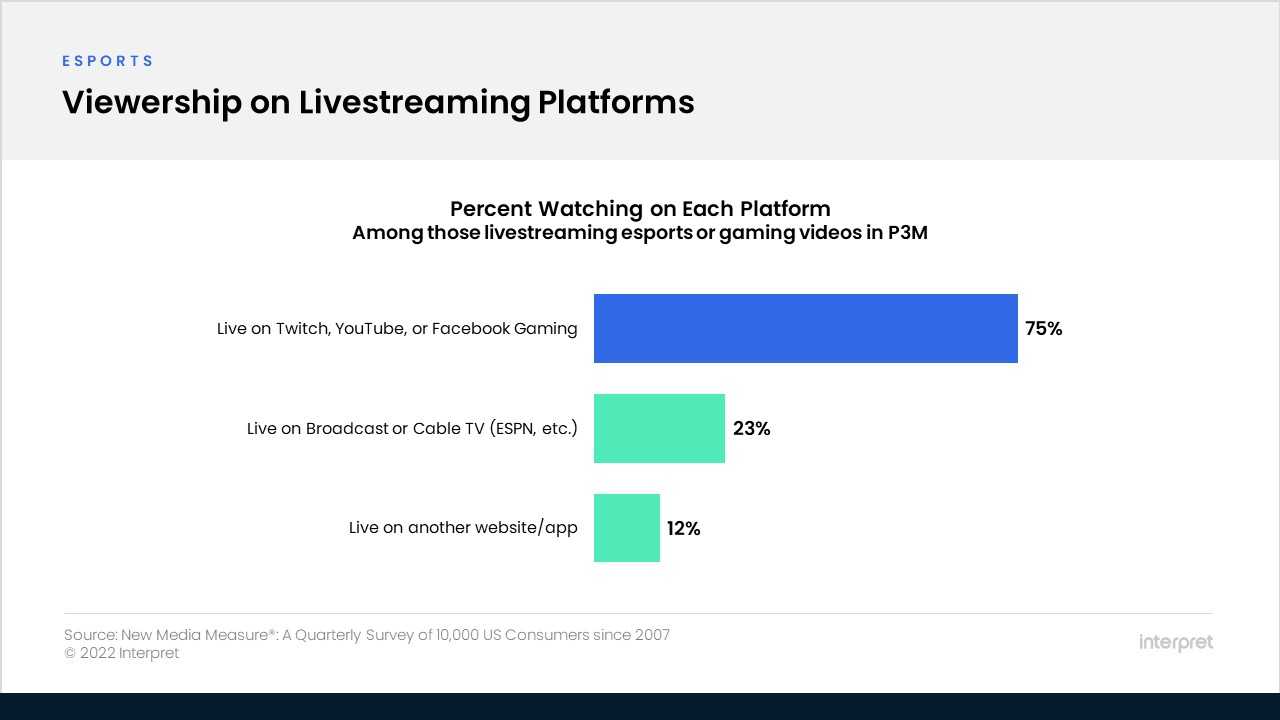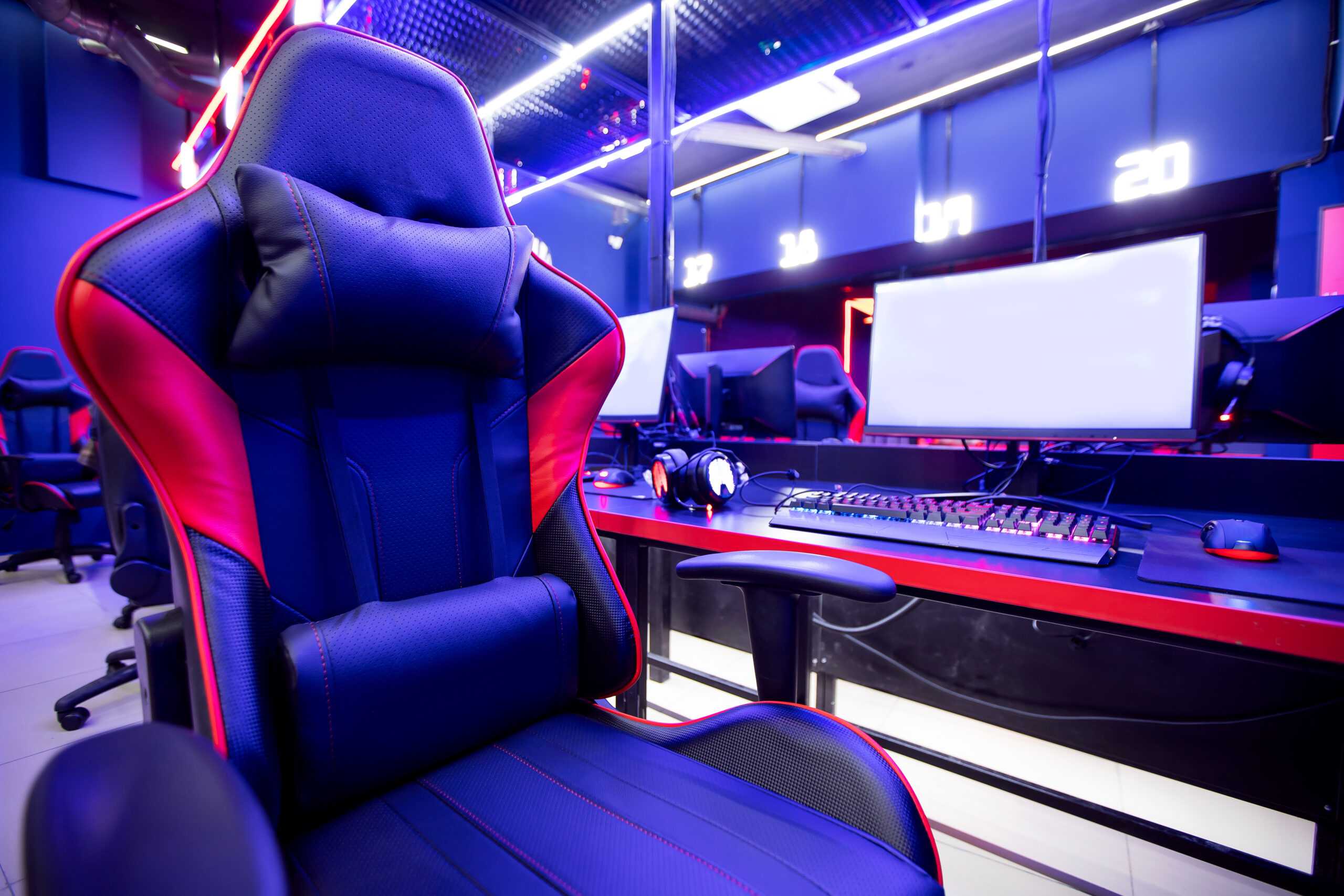While most consumers in the US likely look to Twitch when they’re seeking esports or gaming content, there’s a new player in town that’s causing quite the buzz. Kick launched in January of this year as an alternative to Twitch, positioning itself as a much more attractive option for creators who were feeling the pinch of Twitch’s less generous revenue sharing terms. Tyler “Trainwreck” Niknam has been one of the most vocal streamers to back Kick from the start, announcing last December that he would be throwing his support behind Kick as a non-owner advisor and non-exclusive broadcaster.
“Twitch takes the highest percentage split of any platform in the live streaming world,” he lamented on Twitter. “At 50%, every streamer on Twitch will only receive $2.50 of each subscription, and less if they’re not in a first world country… We’ll bring livestreaming back to what it was before Twitch lost its way. An authentic experience between viewers and streamers.”
By contrast, Kick provides creators with 95% of subscriber income, and unlike Twitch, the platform allows gambling-related content to be streamed (something that Trainwreck specializes in). Numerous other streamers have followed in Trainwreck’s footsteps, including Evelone, Buddha, PaulinhoLOKObr, Corinna Kopf, chess grandmaster Hikaru Nakamura, and Kaitlyn “Amouranth” Siragusa, to name a few.
Perhaps most notable of all is Félix Lengyel (known as xQc), who signed a whopping $100 million deal with Kick in June, which as the New York Times points out is “about as large as the two-year contract extension signed by the Los Angeles Lakers’ LeBron James last year [and] could shake up the economics of the online entertainment world.”
Kick only launched its mobile app a few months ago, but the platform overall continues to see momentum, averaging around 110,000 livestreams a day. It’s a far cry from Twitch’s 31 million daily viewers, however. Moreover, the platforms continues to face challenges when it comes to moderation, and the fact that it allows controversial streamer Adin Ross – who was permanently banned from Twitch for racist and antisemitic comments – to create content on Kick has raised some red flags.
For Twitch and other livestreaming platforms, the early success for Kick may serve as a warning against complacency, but the streaming market also shows that it’s going to be a major uphill battle for others to disrupt the status quo. According to Interpret’s New Media Measure®, Twitch, YouTube, and Facebook Gaming comprise 75% of all gaming and esports live viewing in the US. Among those who livestream esports and gaming-related videos, about 12% state using another website or app (which is where Kick would be categorized in our data set at this time).







